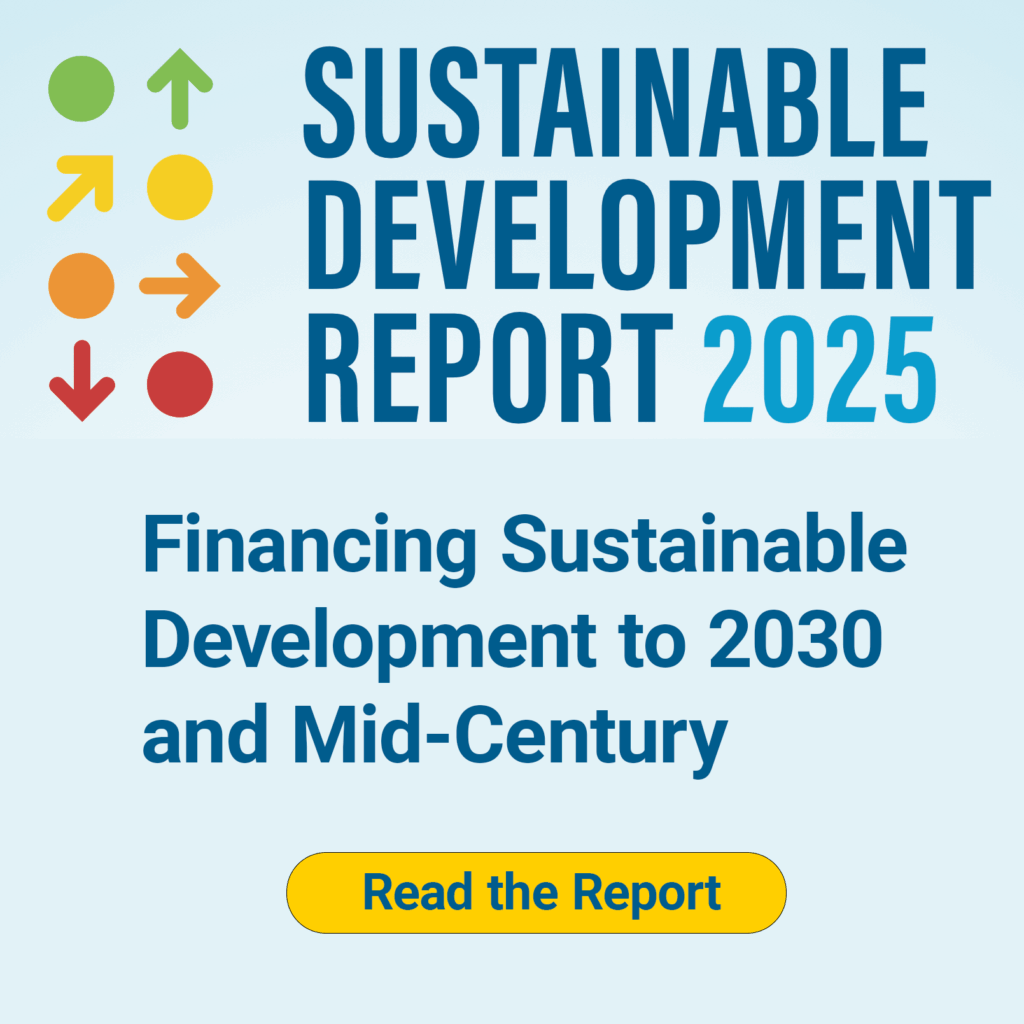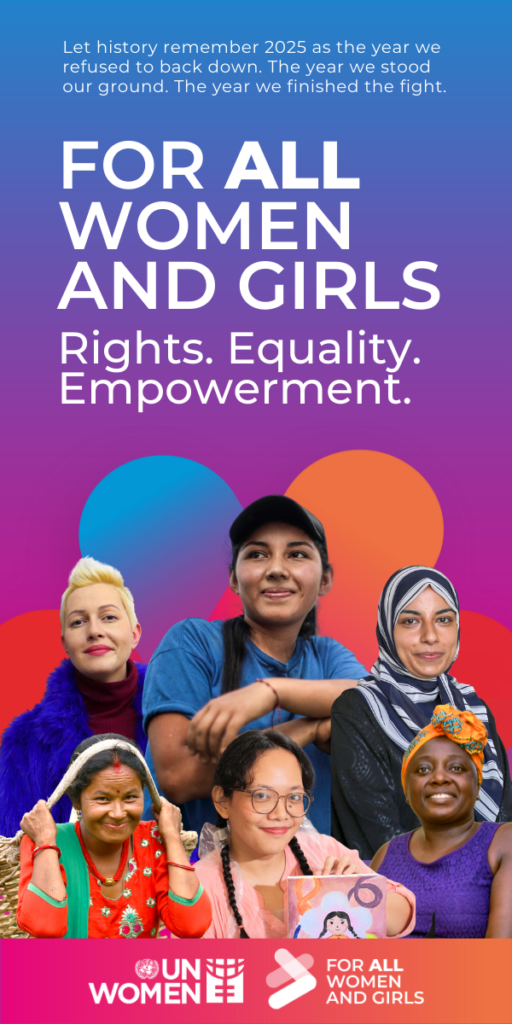Green tech: disrupting the status quo to slow climate change
Climate — Global
Addressing climate change requires a paradigm shift: disruptive, decarbonizing technologies across agriculture, industrials, buildings, energy, and transportation, backed by strong government investment. By fostering exploratory innovation in each sector, we can create the comprehensive solutions for the sustainable transformation we need

